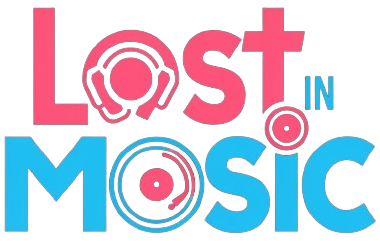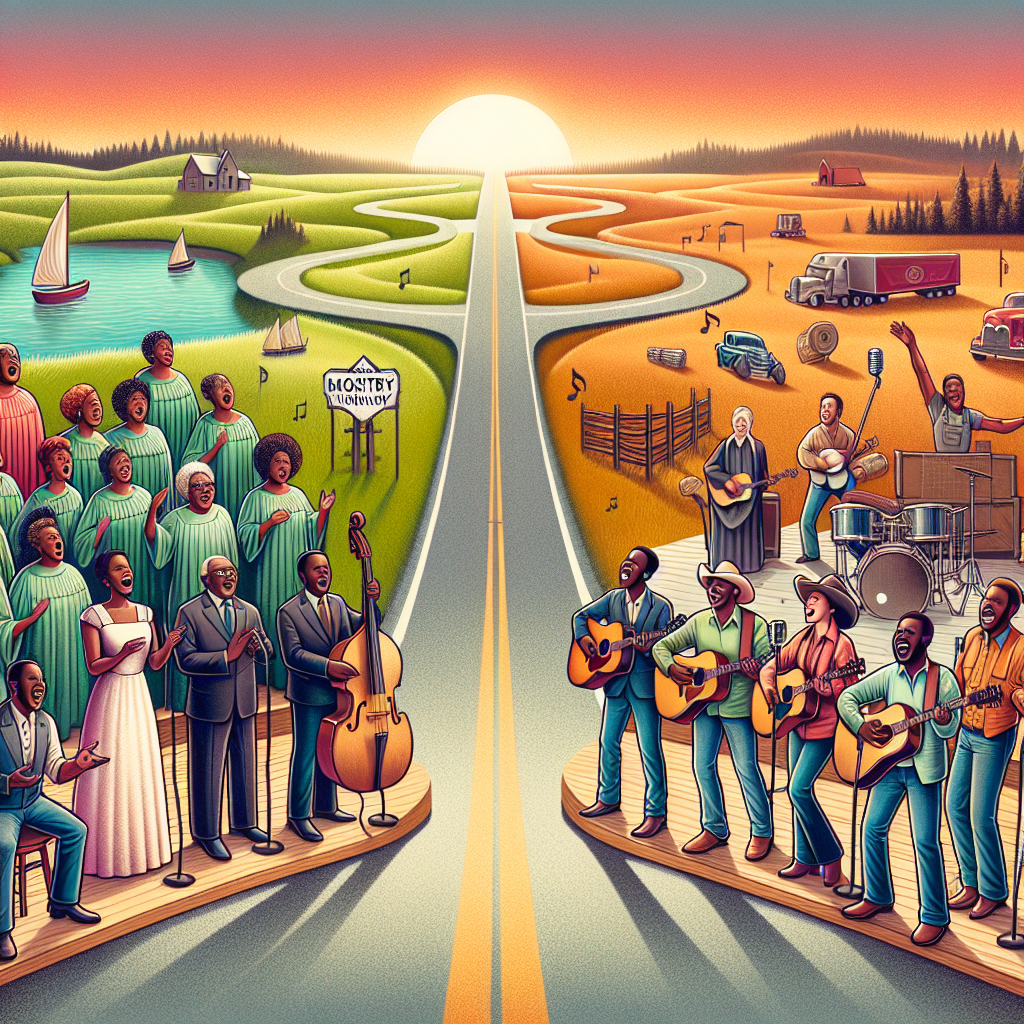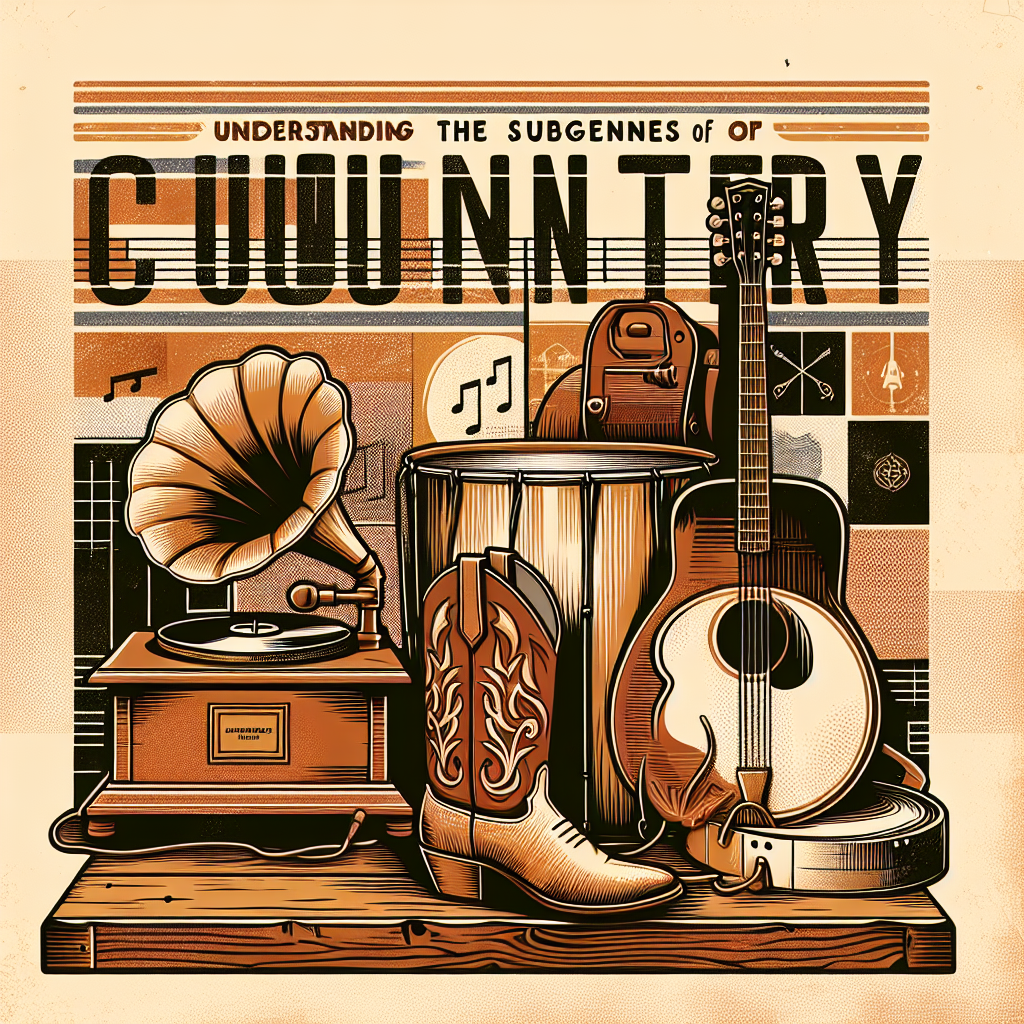The Sociopolitical Messages Encapsulated in Hip Hop Lyrics
Hip Hop, a genre that emerged from the Bronx in the 1970s, has steadily grown and evolved to become a significant part of global culture. Whether we talk about rap battles, dance moves, graffiti art, or beatboxing, hip hop has disseminated its influence everywhere. However, the power of hip hop goes beyond mere music or dance. It is a potent social and political tool, with many a hip hop artist using their lyrics to convey potent sociopolitical messages.
A Voice for the Marginalized
Hip hop music and its lyrics have consistently served as a platform for marginalized communities to express their views and challenge systemic issues such as racism, poverty, and social injustices. By narrating personal experiences and realities of inner-city life, artists have drawn attention to issues ignored by mainstream society and media. Artists like Kendrick Lamar, Common, and Childish Gambino have used their music to echo the lived experiences in black and brown neighborhoods, sparking discussions of social change.
Addressing Systemic Racism
Hip hop music has been instrumental in addressing the issue of systemic racism. Songs like Public Enemy’s “Fight The Power”, Ice Cube’s “Black Korea”, and Kendrick Lamar’s “Alright” illuminate the deep-seated prejudices faced by people of color. These lyrics help to humanize the struggle against racism and encourage listeners to challenge racial and social injustices.
Political Activism
While pointing out social inequities, hip hop also sparks political activism. It has presented critiques of government policies and commented on political scenarios. The hip hop group N.W.A., with their controversial song, “F*** the Police”, criticized racially biased law enforcement practices, and the song became an anthem for reform. More recently, Eminem used his freestyle rap “The Storm” to voice his discontent towards the Trump administration.
Inspiring Social Change
Through its raw and straightforward narratives, hip hop has also sought to inspire social change. It serves as social commentary on ongoing issues and actively encourages its listeners to challenge the status quo and work towards a better society. Logic’s song “1-800-273-8255”, which deals with mental health and suicide prevention, is a powerful example of a hip hop song intended to drive positive change.
Critique and Controversy
Despite the benefits of its political and social commentary, hip hop’s approach has been critiqued for its often violent and explicit narratives. Additionally, some critics argue that artists’ frequent use of vulgar language and controversial themes may detract from their overall message. However, proponents argue that this rawness is a crucial part of hip-hop’s authenticity and its ability to tell unflinching narratives about life’s harsh realities.
Conclusion
The sociopolitical messages encapsulated in hip hop lyrics highlight the genre’s profound impact on society beyond just entertainment. Through a blend of hard-hitting beats and thought-provoking lyrics, hip hop artists have become invaluable social commentators and activists, using their platforms to drive much-needed conversations and actions about societal inequities and political grievances. As a voice of the marginalized, hip hop will continue to resonate strongly in the future, fostering change and provoking thought.
FAQs
- Q: How has Hip Hop addressed systemic racism?
A: Through raw narratives and hard-hitting lyrics, hip-hop artists illuminate systemic racism, humanize the struggle against it, and encourage listeners to challenge racial and social injustices.
- Q: Can hip hop drive social change?
A: Yes, Hip Hop has inspired social change through its songs that narrate societal issues and encourage listeners to challenge the status quo.
- Q: What are some controversial aspects of hip hop?
A: Hip hop has been critiqued for its violent and explicit narratives and the use of vulgar language and controversial themes.
- Q: Who are some hip hop artists that have used their music for sociopolitical commentary?
A: Artists like Kendrick Lamar, Public Enemy, N.W.A., and Eminem, among others, have used their music to voice sociopolitical messages.
- Q: Why is hip hop an effective tool for social and political commentary?
A: Hip Hop’s raw and in-your-face narrative style offers a unique platform for artists to present unfiltered sociopolitical commentary.




